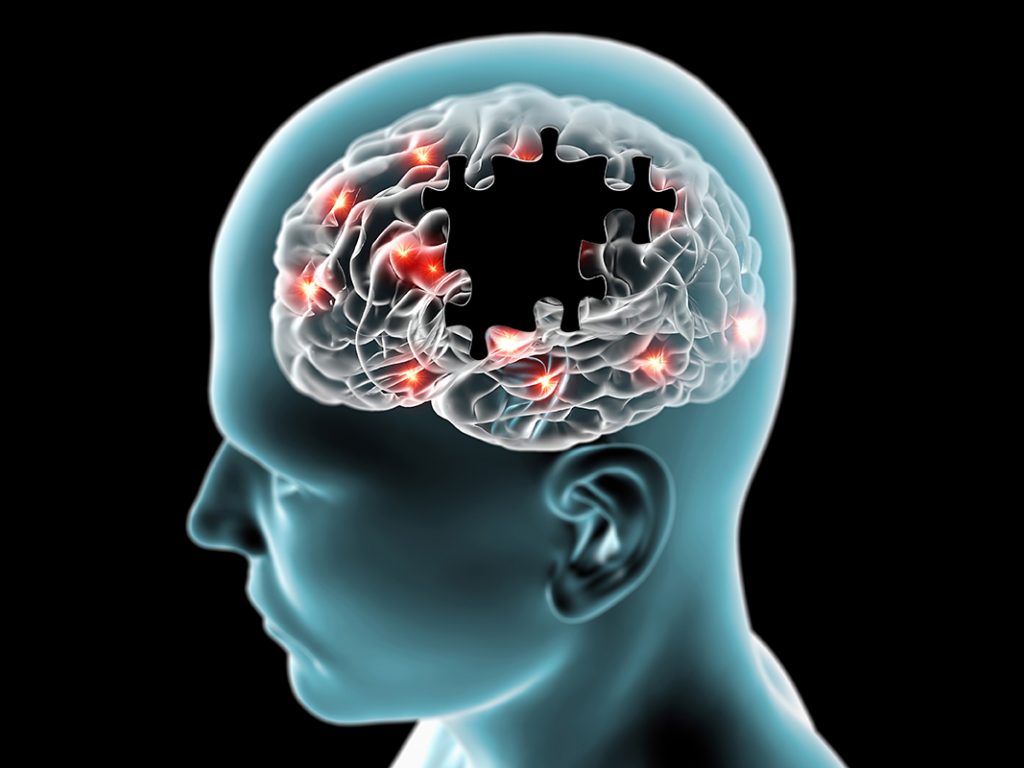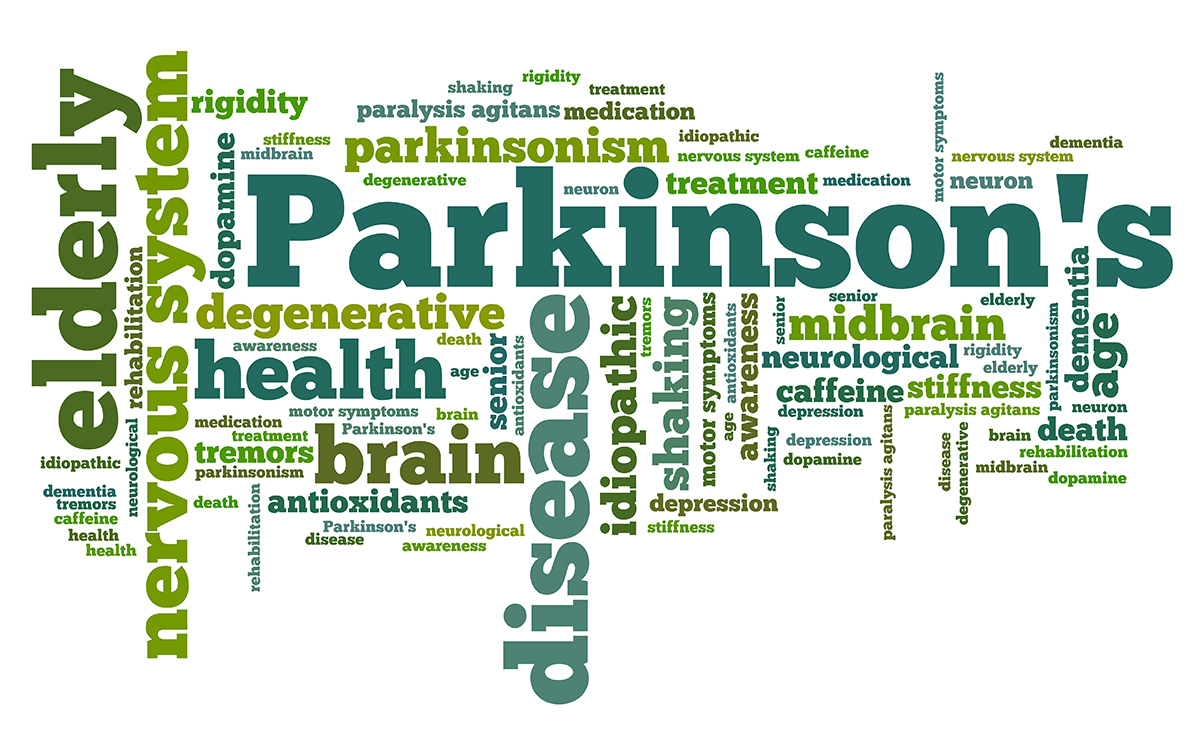Punching Out Parkinson’s!
Every 6 minutes someone is diagnosed with Parkinson’s Disease (PD). Most do not expect their physician to prescribe boxing along with dopamine replacement medication. Yet, every day movement disorder physicians, neurologists, and therapists (PT and OT) are doing just that with positive results, and quantifiable findings supported by years of in-depth research.

Before we answer the question, “why boxing?” Let’s review the epidemiology of Parkinson’s Disease. Parkinson’s Disease is a progressive neurological disease and primarily affects dopamine producing neurons in the substantia nigra. The substantia nigra is a structure located in the midbrain, and plays an important role in how the brain controls movement. Substantia nigra is latin for “black substance,” reflecting the fact that parts of the substantia nigra appear darker than neighboring areas due to higher levels of neuromelanin in dopaminergic neurons.
People living with Parkinson’s Disease experience motor and non-motor symptoms such as, loss of balance, poor gait, postural issues, visual tracking problems, rigidity, tremor, freezing, facial masking, inability to focus on a task or process information clearly, bradykinesia, hypophonia (volume of voice), depression, anxiety, apathy.
Now, consider the skills a boxer possesses. They train regularly to hone the following skills, skills that align with Parkinson’s symptoms.
- STRENGTH
- HAND-EYE COORDINATION
- AGILITY
- SPEED
- MENTAL FOCUS
- BALANCE
- GAIT
- CARDIO ENDURANCE
- FLEXIBILITY
Therefore, it makes sense to include boxing in the regular exercise regimen of folks living with Parkinson’s. Additionally, when you integrate boxing with essential strength exercises that aid in bone health, you build a powerful, comprehensive exercise program that results in physical and cognitive growth and HOPE!
Can anyone with Parkinson’s Disease box? It depends on the person and their physical and cognitive imitations, but for the most part, the answer is yes! I work with those recently diagnosed and those fighting PD for over 27 years, ranging in age from 27-94! Some Parkinson’s “fighters” only have a slight finger tremor, while some are wheelchair bound. However, the one thing they have in common – the spirit to fight!

Now, the cherry on top of boxing for those living with Parkinson’s is the research that supports what we see each week in the gym. Rock Steady Boxing, a nationally recognized Parkinson’s fitness program located in Indianapolis, has been the focus of many research projects over the last 10 years to provide concrete supporting data.
1. Exercise is medicine! – Research by Johansson, Hanna et al reports that exercise is shown on a functional MRI (displays which areas of the brain are most active) to improve signal transmission in the PD brain, effectively demonstrating neuroprotection and neuroplastic changes related to exercise.
- Neuroplasticity is the ability of the brain to form and reorganize synaptic connections, especially in response to learning, or experience, or following injury.
- Neuroprotection mechanisms and strategies employed to defend the central nervous system (CNS) against injury due to both acute (e.g. trauma or stroke) and chronic neurodegenerative disorders (Parkinson’s).
2. Improved Balance and Decrease Falls – In a national study conducted by Moore et al, shows an 87% reduction in falls of people participating in a Rock Steady Boxing program.
3. Improved Non-Motor Symptoms
- 70% improvement in social life
- 62% improvement in fatigue
- 61% improvement in fear of falling
- 60% improvement in depression
- 58% improvement in anxiety
4. Decreased Risk Of Hospitalization – Kannarkat, T., et al report in their study “Effect of exercise and rehabilitation therapy on risk of hospitalization in Parkinson’s disease,” that participants in Rock Steady Boxing increase exercise duration and intensity which reduces the odds of a hospital visit in the PD population.
The above Information encourages many to join an independent Parkinson’s boxing program or a local Rock Steady Boxing.
It is important to note that while my program, Bridges for Parkinson’s, addresses the symptoms of Parkinson’s Disease with boxing, we also include Parkinson’s specific mobility, strength, fine motor, vocal, and cardio drills in each routine, along with love and support to keep “fighting back”. To quote a Rock Steady Boxing mantra,“ I promise you’ll feel better, but you’ll have to work for it and I’ll help you.”
Parkinson’s Disease is a journey and Bridges For Parkinson’s – Rock Steady Boxing Music City and Franklin want to support you and your Parkinson’s “fighters” on the journey. As a MedFit author and Parkinson’s Fitness Professional, I am here to help. You can contact me at info@bridgesforparkinsons.com for assistance!
Together, we fight back stronger!
Fit Pros: Learn The Skills You Need To Safely and Effectively Meet the Needs of the Clients With Parkinson’s Disease
Enroll in Colleen’s 12-hour online course, Parkinson’s Disease Fitness Specialist. The course brings the research, medical and fitness fields together so that fitness professionals gain a comprehensive understanding of Parkinson’s disease, and learn how to work with those who have it.

Colleen Bridges has worked for nearly 17 years as an NSCA Certified personal trainer, group exercise instructor and fitness consultant and as an independent contractor for Nashville’s first personal training center, STEPS Fitness. Her passion for understanding the body in sickness and in health, and how it moves, as fed her interest in and enhanced her talent for working with senior adults, especially those living with a neurological disorder such as Parkinson’s Disease.

